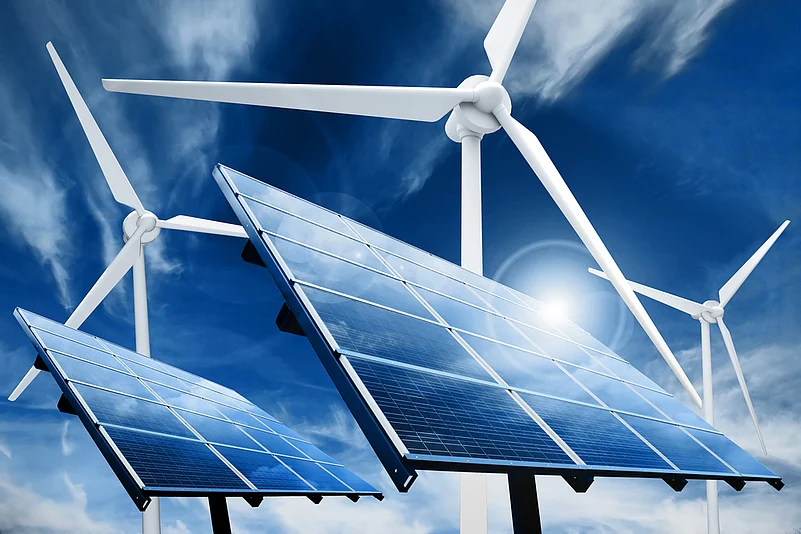India is grappling with the twin pressures of rapidly rising energy demands and an escalating climate crisis, both of which were starkly highlighted by record-breaking heatwaves during the recent elections. These challenges underscore the urgent need for the country to accelerate its adoption of renewable energy to secure sustainable economic growth.
While there is optimism among investors that the new coalition government will prioritise rural energy and infrastructure initiatives, concerns linger that the government may continue to support the development of additional coal plants, which currently account for the majority of India's power generation according to a report published by Impact Alpha.
Despite these challenges, distributed renewable energy presents a unique and swift opportunity for green growth, particularly in emerging economies like India. Unlike traditional grid expansion, which can be costly and complex, off-grid renewable solutions bypass these logistical hurdles, offering a faster and more economical alternative. Encouragingly, a new wave of social impact and cleantech startups is driving significant progress in this area, enhancing capabilities and accelerating the adoption of off-grid clean energy.
The evolution of off-grid solar energy is particularly noteworthy. The Council on Energy, Environment and Water estimates that India will need over 2,200 gigawatts of solar and wind capacity by 2050 to meet its goal of net-zero emissions by 2070. While India’s solar capacity has already surpassed 50 gigawatts, the major challenge remains affordability, as the cost of generating electricity from utility-scale solar projects is still too high for many.
However, off-grid solar solutions have made remarkable strides in providing millions with first-time energy access. Over the past two decades, small solar home systems have brought energy to nearly half a billion people across Asia and Africa. In India, startups are leading the charge in using renewable energy to power livelihoods and create new business opportunities, driving what is known as the "productive use of energy" sector.
This sector is thriving with innovative solutions. Hyderabad-based Mowo Fleet provides electric two- and three-wheel vehicles for female transport and delivery drivers, while Aurangabad’s S4S Technologies, which recently won the Earthshot Prize, helps reduce food waste and generate income for farmers through solar-powered food processing. Other companies, such as Kisangas in Pune and Ecozen, are advancing biogas technology and solar-powered cold storage, respectively, offering sustainable solutions that empower low-income individuals to protect their livelihoods and generate income.
A common thread among these enterprises is their commitment to developing technology that enables low-income communities to start businesses, generate income, and mitigate the impacts of climate change.
Yet, significant barriers remain, particularly in financing and technical support for off-grid energy adoption. A recent study by Acumen highlights the cautious approach of commercial funders, who are waiting for further market validation and business model proof before fully committing.
The public sector must play a pivotal role to overcome these barriers. The Indian government is already supporting the productive use of energy through targeted subsidies that make off-grid products more affordable and accessible. By fostering partnerships across various agencies and ministries, the government can further enhance the credibility of these innovative solutions through standards and certifications.
Moreover, strengthening collaborations between enterprises and national and state-level rural livelihood schemes, such as the National Rural Livelihood Missions, could help scale operations, reach last-mile customers, and attract much-needed investment.
As India stands on the cusp of an economic and climate revolution, the choice between fossil fuels and renewable energy becomes clear. By prioritising off-grid renewable solutions, India can stimulate economic growth, lift millions out of poverty, and set a global standard for climate action, demonstrating that it is possible to achieve sustainable development without compromising the environment.

























